French Institute Alliance Française
Florence Gould Hall
55 East 59th St. between Madison & Park Aves.
Tuesday, December 6, $10, 12:30, 4:00 & 7:00
Series continues December 13 & 20
212-355-6160
www.fiaf.org
FIAF’s CinémaTuesdays presentation for December focuses on shorts made by four of France’s most influential filmmakers, Maurice Pialat, François Truffaut, Jean-Luc Godard, and Alain Resnais, along with documentaries about them. The series begins on December 6 with “Four Films: Pialat and Truffaut,” with a trio of shorts and Anne Andreu’s 2004 François Truffaut, une autobiographie. In L’Amour existe (Love Exists), Jean-Loup Reynold narrates a searing indictment of the rise of the suburbs in post-WWII France, where one can have “my little house, my little garden, a good little job, a good, quiet little life” amid “artificial culture and artificial construction.” Beautifully shot by Gilbert Sarthre and featuring an elegiac score by Georges Delerue, the twenty-one-minute black-and-white short also relates to cinema itself, as Reynold says at one point, “Memories and films are filled up with objects that we dread.” L’Amour existe will be followed by Entretien avec Pialat, Jean-Marie Carzou’s five-minute clip of Pialat discussing Jean Renoir, filmmaking, and painting with journalist Pierre-André Boutang. In Une Histoire d’eau (A History of Water), Truffaut teams up with Godard for a twelve-minute tale of a woman (Caroline Dim) who wants to get to Paris but must find alternate means of transportation because of massive flooding, eventually catching a ride with a man (Jean-Claude Brialy) she takes a rather fond liking to. Written and directed by Truffaut, the film is a tour de force for Godard the editor (and narrator), particularly his use of the soundtrack, alternating propulsive drumming with snippets of music from multiple genres that at first correspond with the images but then go off on their own. Shot by Michel Latuouche, the black-and-white short also features numerous literary references. On December 13, “Three Films: Godard” includes the auteur’s Charlotte et son Jules (Charlotte and Her Boyfriend) and Tous les garçons s’appellent Patrick (All the Boys Are Called Patrick) and Claude Ventura’s Jean-Luc Godard par Claude Ventura, while December 20 pairs Resnais’s Le chant du Styrène with Michel Leclerc’s Une approche d’Alain Resnais, révolutionnaire discret.
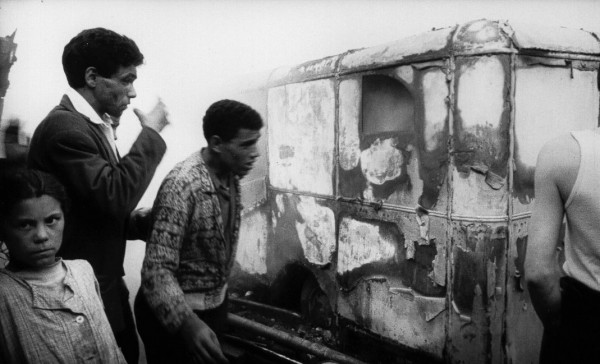
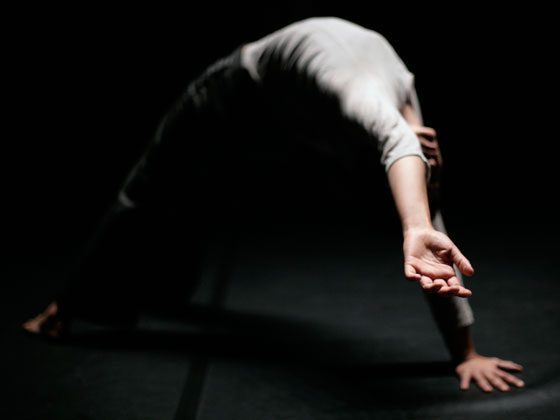

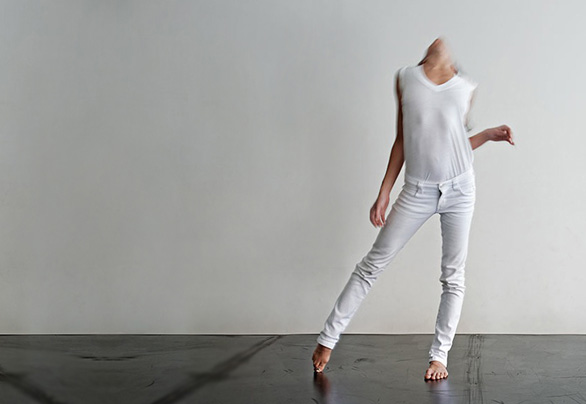
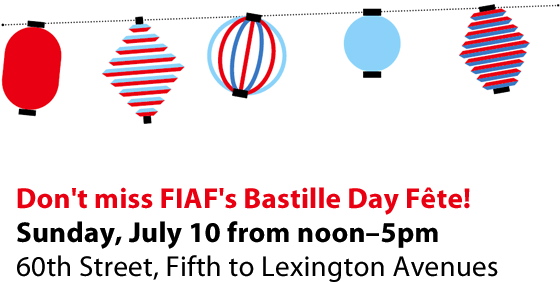
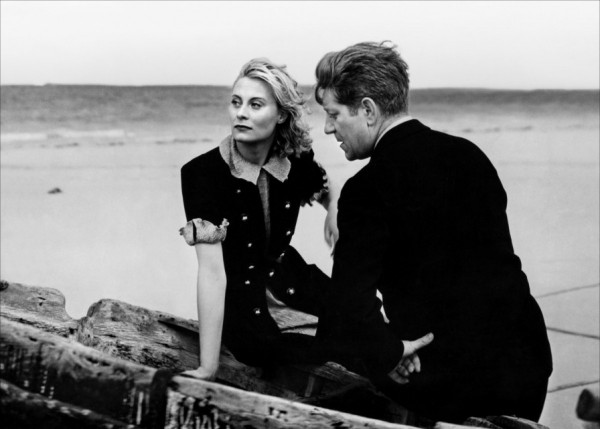
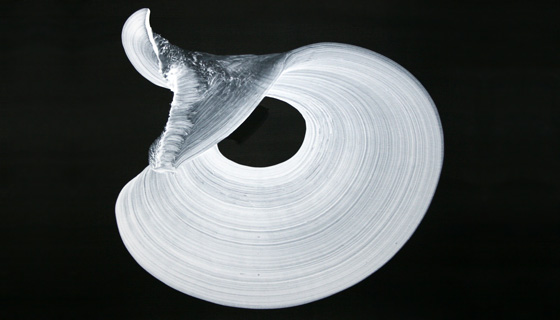

 Julie Delpy’s delightful debut, 2 Days in Paris, is a true DIY indie, with Delpy serving as writer, director, editor, star, composer, soundtrack performer, and one of the producers. Delpy plays Marion, a flitty Frenchwoman who decides to bring her boyfriend of two years, Jack (a heavily tattooed Adam Goldberg), to spend two days with in her hometown in Paris as a stopover on their way from Venice to their apartment in New York City. But spending forty-eight hours with Marion’s family (Delpy’s real-life parents, Albert Delpy and Marie Pillet, and sister, Alexia Landeau) and bumping into a seemingly endless stream of Marion’s former boyfriends while not understanding a word anyone is saying might be a bit much for Jack, an interior designer whose own insides are rife with stomach problems and migraines. 2 Days in Paris is Delpy’s Annie Hall, an engaging film filled with slapstick humor, inventive characters, and underlying truths about love and life. It is screening April 5 at 12:30 and 7:00 at Florence Gould Hall as part of the French Institute Alliance Française’s CinémaTuesdays: Paris Today series, with Tonie Marshall’s five-minute 1994 short, Before . . But After (Avant . . . Mais Après), starring Mathieu Kassovitz and Quentin Ogier.
Julie Delpy’s delightful debut, 2 Days in Paris, is a true DIY indie, with Delpy serving as writer, director, editor, star, composer, soundtrack performer, and one of the producers. Delpy plays Marion, a flitty Frenchwoman who decides to bring her boyfriend of two years, Jack (a heavily tattooed Adam Goldberg), to spend two days with in her hometown in Paris as a stopover on their way from Venice to their apartment in New York City. But spending forty-eight hours with Marion’s family (Delpy’s real-life parents, Albert Delpy and Marie Pillet, and sister, Alexia Landeau) and bumping into a seemingly endless stream of Marion’s former boyfriends while not understanding a word anyone is saying might be a bit much for Jack, an interior designer whose own insides are rife with stomach problems and migraines. 2 Days in Paris is Delpy’s Annie Hall, an engaging film filled with slapstick humor, inventive characters, and underlying truths about love and life. It is screening April 5 at 12:30 and 7:00 at Florence Gould Hall as part of the French Institute Alliance Française’s CinémaTuesdays: Paris Today series, with Tonie Marshall’s five-minute 1994 short, Before . . But After (Avant . . . Mais Après), starring Mathieu Kassovitz and Quentin Ogier.